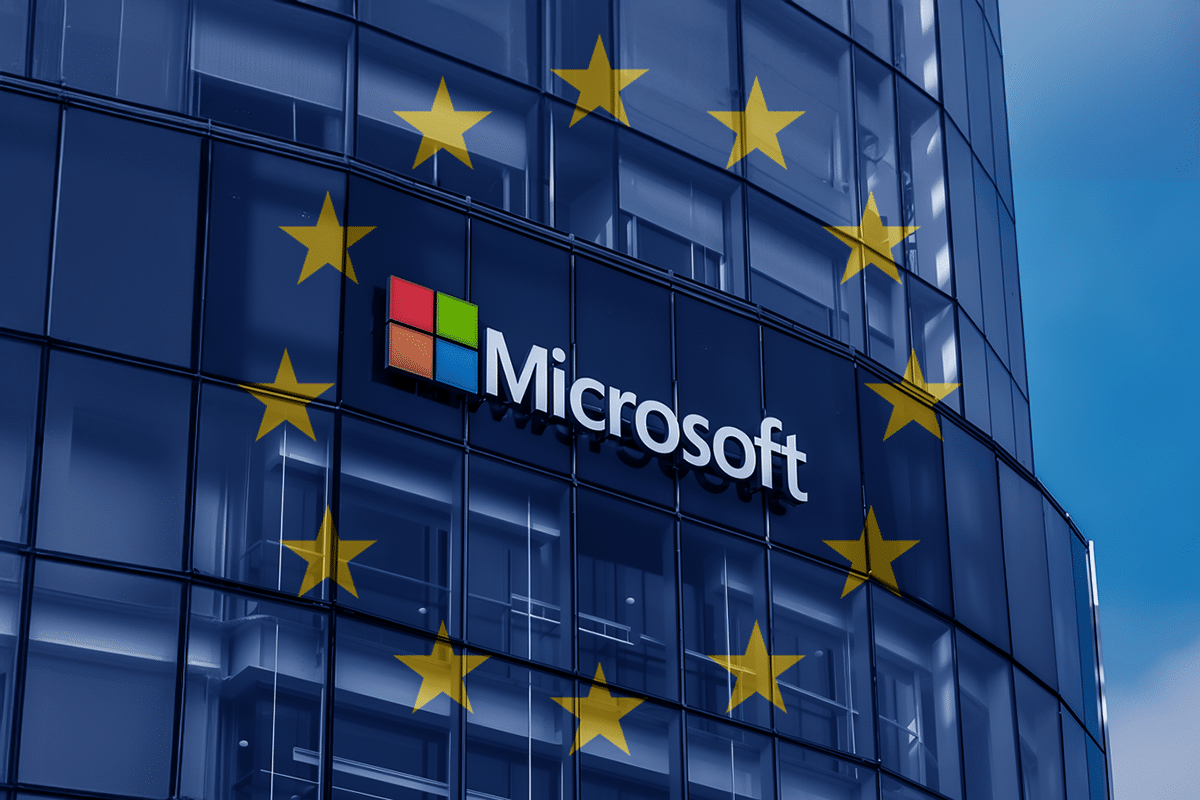In a significant escalation of its ongoing efforts to regulate the dominance of major tech companies, the European Union has identified Microsoft as potentially violating antitrust laws. The focus of the EU’s concern is Microsoft’s practice of bundling its Teams application with its widely used Office suite, a move that could have stifled competition and innovation in the business communications sector.
The European Commission, the executive arm of the EU, has issued preliminary findings that suggest Microsoft may have leveraged its market position to give its Teams software an undue competitive advantage over rivals. This practice involves the automatic inclusion of Teams in the Office 365 and Microsoft 365 suites, making it harder for competitors to find a foothold in the market.
If these preliminary findings are confirmed, Microsoft could face a fine up to 10% of its global annual revenue. Given that the company reported a revenue of $211 billion in its last financial year, the fine could reach approximately $21.1 billion. This move by the EU follows closely on the heels of accusations against Apple for similar breaches under the EU’s landmark Digital Markets Act.
The investigation into Microsoft’s practices began nearly a year ago after a complaint by Slack, a cloud-based internal messaging app now owned by Salesforce. Slack claimed that Microsoft’s bundling of Teams with its Office software denied competitors a chance to compete on a level playing field, effectively harming consumer choice and innovation.
The Commission has noted that the bundling strategy not only forced customers to acquire Teams but may also have exacerbated the competitive advantage through interoperability limitations with other products. Such limitations could prevent rivals from competing effectively, which ultimately disadvantages customers who miss out on potentially innovative offerings.
In a responsive measure to these concerns, Microsoft ceased its bundling of Teams in Europe last year and expanded this policy globally in April. Although the company began offering some software suites without Teams, the European Commission believes that more changes are necessary to fully restore competitive conditions in the market.
Meanwhile, Salesforce has openly supported the EU’s findings, interpreting them as a victory for consumer choice and a confirmation of the competitive harm instigated by Microsoft’s previous practices with Teams.
This case marks another chapter in the EU’s broader strategy to curb the power of Big Tech, reflecting an increasing determination to ensure fair competition and innovation in the digital marketplace across Europe. As the digital landscape continues to evolve, the actions taken by the EU could have far-reaching implications for how services are accessed and offered by some of the world’s largest digital platforms.




